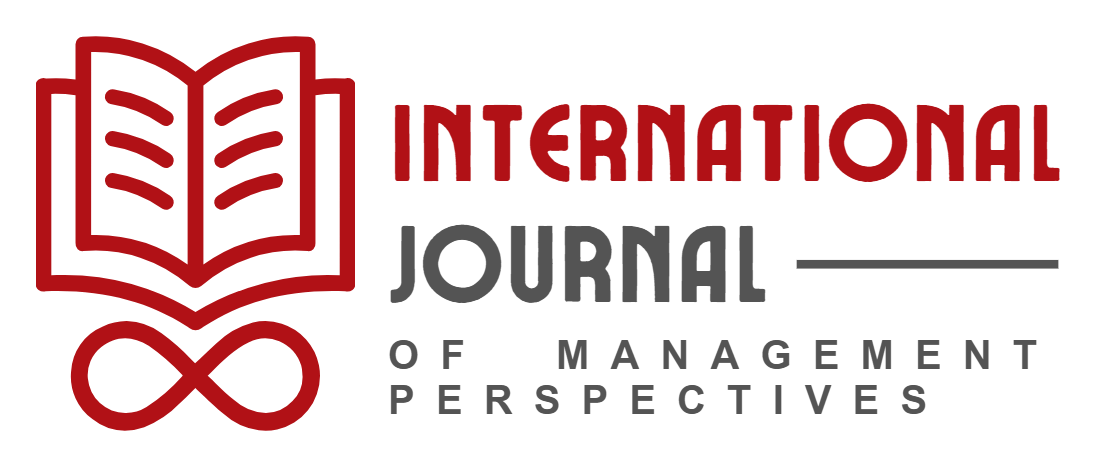Postgraduate Diploma in Business Intelligence
Designed to equip students with advanced business analysis and decision-making skills, ensuring they are well-prepared to navigate complex business scenarios effectively in the real world.
Description
Course Overview:
Are you ready to excel in a dynamic and ever-changing business landscape? Do you thrive on solving complex problems and making data-driven decisions?
Then, a business intelligence (BI) career might be your perfect fit.
Today’s businesses face complex challenges from global disruptions such as pandemics, climate change, and fluctuating markets. As such, staying competitive requires more than intuition. It demands a strategic data-based approach.
The Postgraduate Diploma in Business Intelligence will give you the skills to navigate these challenges. You will learn to use advanced internal systems to gather data and make rational and cost-effective decisions.
The diploma prepares you to understand and apply fundamental business intelligence processes, ensuring your organisation survives, thrives, and grows in a competitive environment.
By completing this programme, you will have the confidence and abilities to lead your business with a consistent, data-driven approach to decision-making. As a result, this will position you as a valuable asset to employers and increase your marketability.
Objectives
- Provides students with leadership skills in a complex digital environment so they can take on instructive roles
- Equips students with the ability to use business intelligence for operational efficacy and decision-making
- Teaches students the frameworks necessary to manage large amounts of data sets
- Provides students with the ability to formulate contemporary risk management strategies for better decisions
- Equips students with the skills to manage information and knowledge systems to help businesses come up with rational and cost-effective solutions
- Teaches students how to utilise business intelligence in the application of financial management procedures
- Provides students with the ability to conduct business research applicable to the context of the digital business environment
Course details
The Postgraduate Diploma in Business Intelligence (BI) is a one-year course that allows students to pursue academics even with other responsibilities. It uses a hybrid distance learning structure, making it easier for students to balance studies and work.
Distance learning
The distance learning model is perfect for people who enjoy studying independently. It is also ideal for those who want to grow their careers but are already employed since they can study part-time. The modules for the distance learning option include case study analysis, workshops, tutorials, and self-directed reading. Online and in-person instruction run the workshop sessions, allowing students to communicate with one another and collaborate.
(Course lessons occur in person in regions with enough demand.)
Course structure and modules
This postgraduate diploma lasts two semesters and comprises six modules worth 20 credits each. Students can complete a maximum of three modules per semester.
Modules
Semester 1
- Digital Leadership
- 21st Century Risk Management
- Information and Knowledge Management
Semester 2
- Managing Business Intelligence and Big Data Analytics
- Financial Intelligence
- Business Research
Business Intelligence Careers
After completing the BI postgraduate diploma, students will have the necessary skills and knowledge to pursue senior positions in the following careers:
- Business Intelligence Analyst
- Business Intelligence Developer
- Computer Systems Analyst
- Data Analyst
- Data Scientist
- Financial Analyst
- Market Researcher
- Operations Research Analyst
- Project Manager
- System Analyst
Entry requirements
The minimum entrance requirements for admission to the Postgraduate Diploma in Business Intelligence are as follows:
- A Bachelor’s Degree, Advanced Diploma or equivalent qualification with NQF Level 7.
- At least two years of work experience and a minimum age of 23.
Applicants who do not meet the minimum requirements for admission to the Postgraduate Degree programme but have relevant work experience may apply for admission via Recognition of Prior Learning (RPL).
REGENT Business School reserves the right to conduct an assessment to determine the level of prior learning. RPL and CAT do not apply to any postgraduate programme’s research component or project. I.e. prior learning/achievement in a research component or project will not be accepted for exemption or credits.






